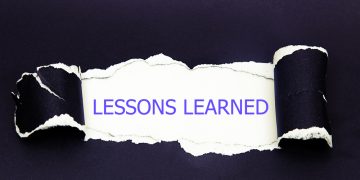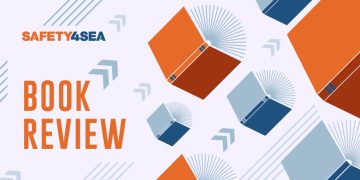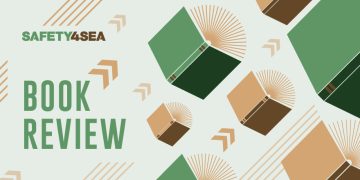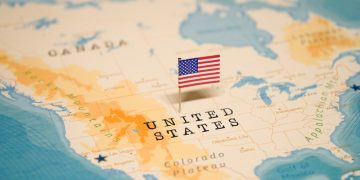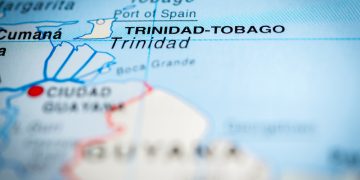Contact Points for Reporting On Incidents Re Harmful Substances
The "List of national operational contact points responsible for the receipt, transmission and processing of urgent reports on incidents involving harmful substances, including oil from ships to coastal States" contained in IMO circular has been updated as of September 30th, 2014 including the following States: FAROES,DENMARK GEORGIA GUATEMALA ITALY PALAU PERU POLAND SAINT LUCIA SOLOMON ISLANDS SUDAN UNITED ARAB EMIRATES VENEZUELA (BOLIVARIAN REPUBLIC OF) This information is provided by IMO to enable compliance with Regulation 37 of MARPOL Annex I which, inter alia, requires that the Shipboard Oil Pollution Emergency Plan (SOPEP) shall contain a list of authorities or persons to be contacted in the event of a pollution incident involving such substances. Requirements for oil pollution emergency plans and relevant oil pollution reporting procedures are contained in Articles 3 and 4 of the 1990 OPRC Convention. This information is also provided to enable compliance with Regulation 17 of MARPOL Annex II which, inter alia, requires that the shipboard marine pollution emergency plans for oil and/or noxious liquid substances shall contain a list of authorities or persons to be contacted in the event of a pollution incident involving such substances. In this context, requirements for emergency plans and reporting for hazardous and noxious substances are also contained in Article 3 of ...
Read more






